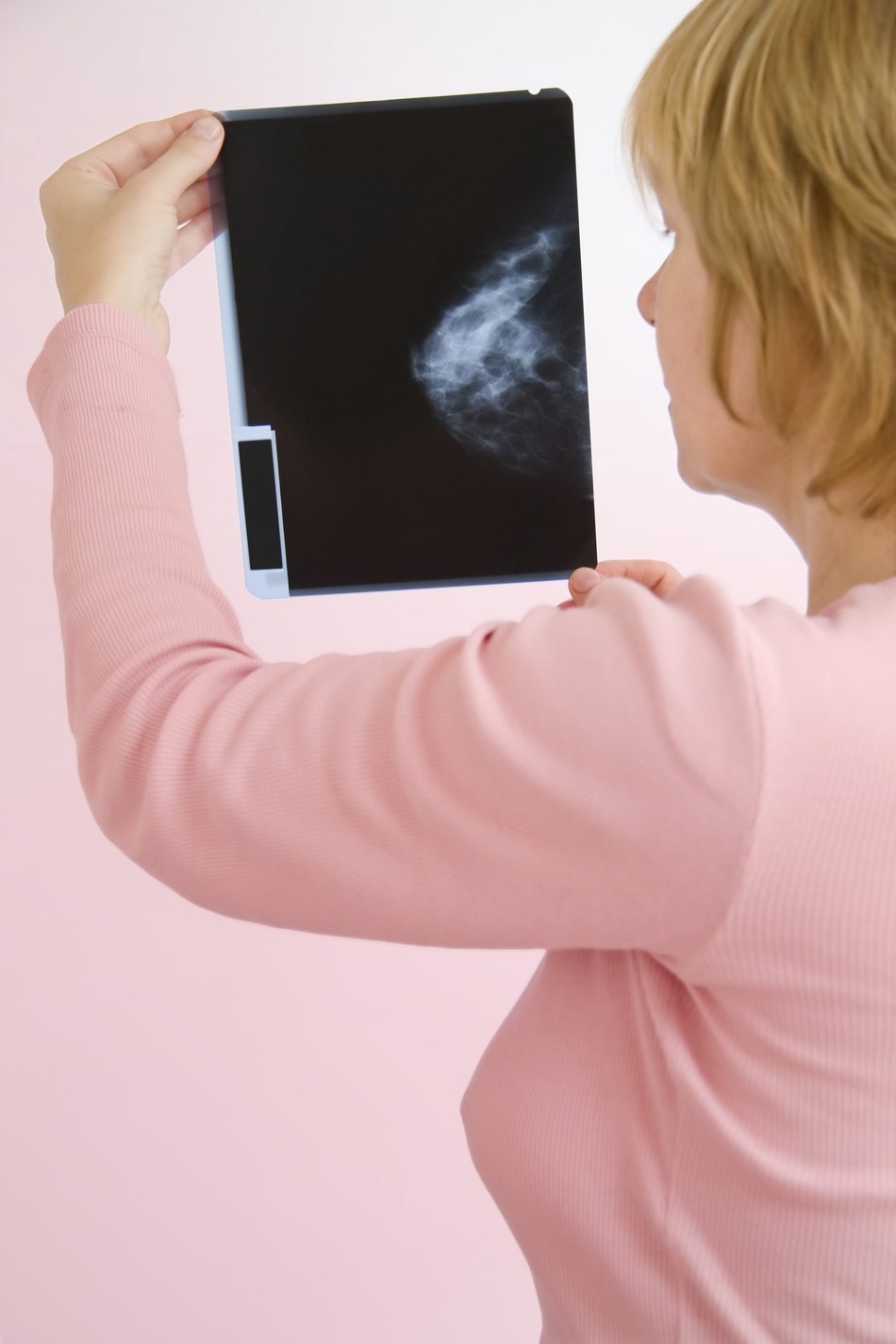
Episode Transcript
Interviewer: It can be a little confusing sometimes because there are actually two different types of mammograms. There's a diagnostic mammogram and then there's a screening mammogram. We're going to try to figure out the difference between the two of them so you can decide which one it is you might need.
Announcer: Health tips, medicals news, research and more for a happier, healthier life. From University of Utah Health Sciences, this is The Scope.
Interviewer: Dr. Anna McGow is a radiologist at University of Utah Health. Let's break down the difference between the two different types of mammograms. First of all, what is a screening mammogram and who needs that?
What Is a Screening Mammogram?
Dr. McGow: Right, yeah. Thank you very much. So a screening mammogram, those are performed in women generally who are over the age of 40, 40 and above, who have no breast symptoms. So they do not have symptoms such as focal breast pain, they do not feel a lump, they have no breast skin changes, no nipple discharge, no skin retraction, no lumps in the armpits. Those particular types of symptoms would require a diagnostic mammogram and/or a breast ultrasound.
Interviewer: Okay. So just to be clear, you're going in for a screening mammogram if you have absolutely no symptoms of breast cancer, and that's the one that you just do every year, just so you can get a picture and see what's going on inside.
Dr. McGow: That's right, yeah, just to screen for breast cancer.
When Should You Get a Diagnostic Mammogram?
Interviewer: And if you have symptoms, then you're going to want to make sure that you're getting a diagnostic mammogram. What's the difference?
Dr. McGow: Yeah, no, that's a great question. So we have women who come in all the time just for a screening mammogram when in fact they should be getting a diagnostic mammogram. To get a diagnostic mammogram, again, a woman has breast symptoms that need to be evaluated and they need additional evaluation beyond the four standard pictures that we usually do for a screening mammogram.
How Do You Get a Mammogram?
The diagnostic mammogram and/or ultrasound requires a physician order, so from your regular family doctor or other physician. And when a woman comes in for the diagnostic evaluation, a radiologist physician, such as myself, needs to be present for that evaluation. As opposed to a screening mammogram, where a woman would just come in and get the standard four pictures and leave.
Interviewer: And that does not require a physician's order?
Dr. McGow: Those usually do not in Utah.
Interviewer: Yeah. That's just you go into your doctor and you'd say, "It's time for my regular screening mammogram."
Dr. McGow: Yes.
Scheduling the Right Mammogram
Interviewer: Got you. So it's important to know the difference. You say that there are times that a woman with symptoms will come in and will have been scheduled for a screening mammogram. How can they make sure that that doesn't happen?
Dr. McGow: So the first thing that they need to do is realize that they have a symptom and then call their regular physician's office and tell them about the symptom and request an order to be placed for a diagnostic mammogram.
Interviewer: Okay. So they might not even need to go in and visit with the doctor. They might have to.
Dr. McGow: Exactly. Usually, their physician will like to see them to evaluate the symptom, of course. But if not, if it's something urgent that the woman is very concerned about, they may go ahead and schedule that diagnostic mammogram evaluation with us first.
Interviewer: Okay. I can see how it can get a little bit confusing there at times.
Dr. McGow: Yes, yes. For sure. And so we just want to avoid women getting scheduled for screening mammograms when in fact they have symptoms and then being sent away if a radiologist physician is not there to evaluate them properly.
Announcer: Want The Scope delivered straight to your inbox? Enter your email address at thescoperadio.com and click "Sign me up" for updates of our latest episodes. The Scope Radio is a production of University of Utah Health Sciences.